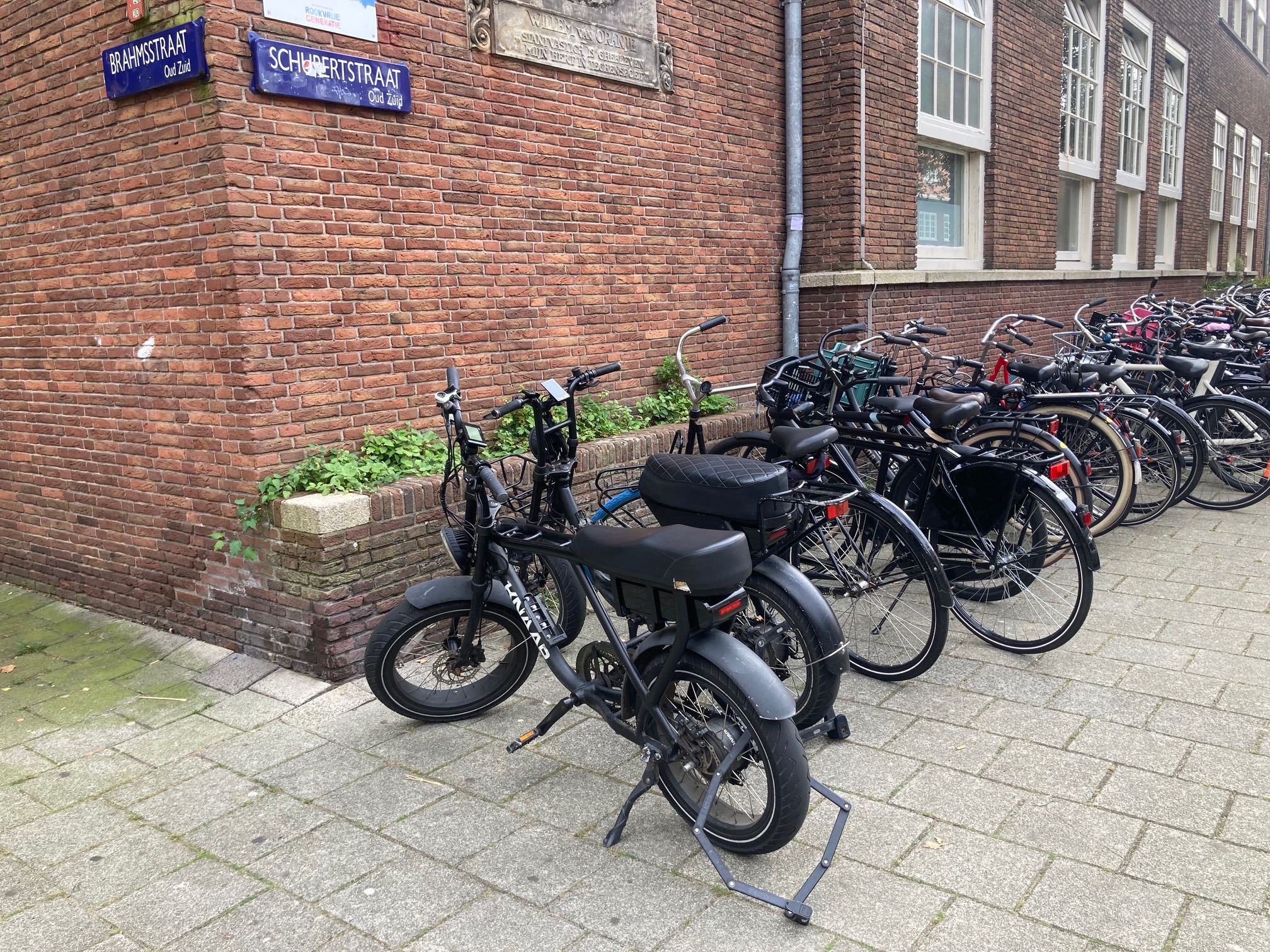Education council urges change to early school streaming

The Dutch education council is calling on MPs to press for action to combat the negative impact of early selection in the Dutch secondary school system, saying without structural change the issue will continue to hurt some children.
The council drew up a report in 2021 highlighting the need for change. Children in the Netherlands are mainly streamed in their final year of primary school, a practice which has been slammed by experts time and time again.
Junior education minister Mariëlle Paul said last month that she would “to retain the current system for the time being, continue working on measures to overcome the possible adverse effects of early selection and, in the meantime, build more knowledge about the transition from primary to secondary education.”
But without a structural approach to change, nothing will be done, the education council, which advises the government, said.
There are six basic secondary school types in the Netherlands which are “often based at separate locations, so pupils no longer meet each other,” the council said. “This means pupils with the same capacities but different backgrounds do not have the same opportunities to develop,” it said.
By selecting at a later age, children will follow lessons at different levels and in different groups, rather than be separated both physically and in terms of education type, from their peers at a young age.
“How much research is needed before choices are made?” the council said. “Every year, 170,000 children move from primary to secondary school but without action not all of them will be able to reach their full potential.”
School inspectors have also warned of the ‘unacceptable’ inequality in Dutch education because children of well-educated parents are scoring better in final primary school exams than children of equal intelligence from more disadvantaged backgrounds.
For example, well-educated parents are more involved in the choice of school and invest money in tutors, homework classes and training in exam techniques. Their children are also more likely to be labelled dyslexic or as having adhd, which also entitles them to extra teaching time.
The government’s socio-cultural advice group SCP has also said that the lack of contact between different social groups at a school level can lead to increased segregation in society as a whole.
Thank you for donating to DutchNews.nl.
We could not provide the Dutch News service, and keep it free of charge, without the generous support of our readers. Your donations allow us to report on issues you tell us matter, and provide you with a summary of the most important Dutch news each day.
Make a donation